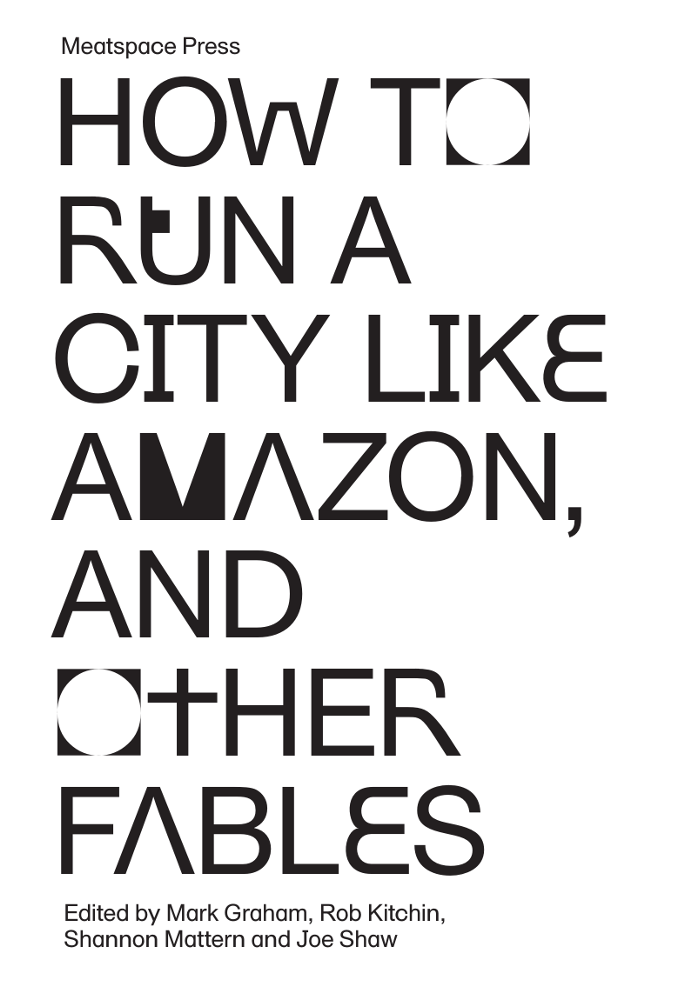What do you think?
Rate this book


350 pages, Paperback
First published January 1, 2019
- Ethereum: Looking at smart contracts based on blockchain, and how these might improve trust and efficiency in public life, but also introduce new fronts for unintentional exclusion.
- SnapChat: What if real-world policing and justice was run like a social media platform? Where users are expected to self-police, reports crimes that have to fit a narrow set of parameters, and the police are reactive rather than proactive in preventing abuse?
- Sony PlayStation: How might gamification encourage engagement with community goals? And what might be the adverse effects of nudge psychology, when people want the achievements without the work?
- Uber: why privatisation of services is a seductive proposition, but actually over-simplifies and damages those very services.
- WhatsApp: (probably the best of the bunch) what happens when you replace trusted news journalism with free-for-all information sharing? How do you protect people from abuse when there is no accountability in the news?